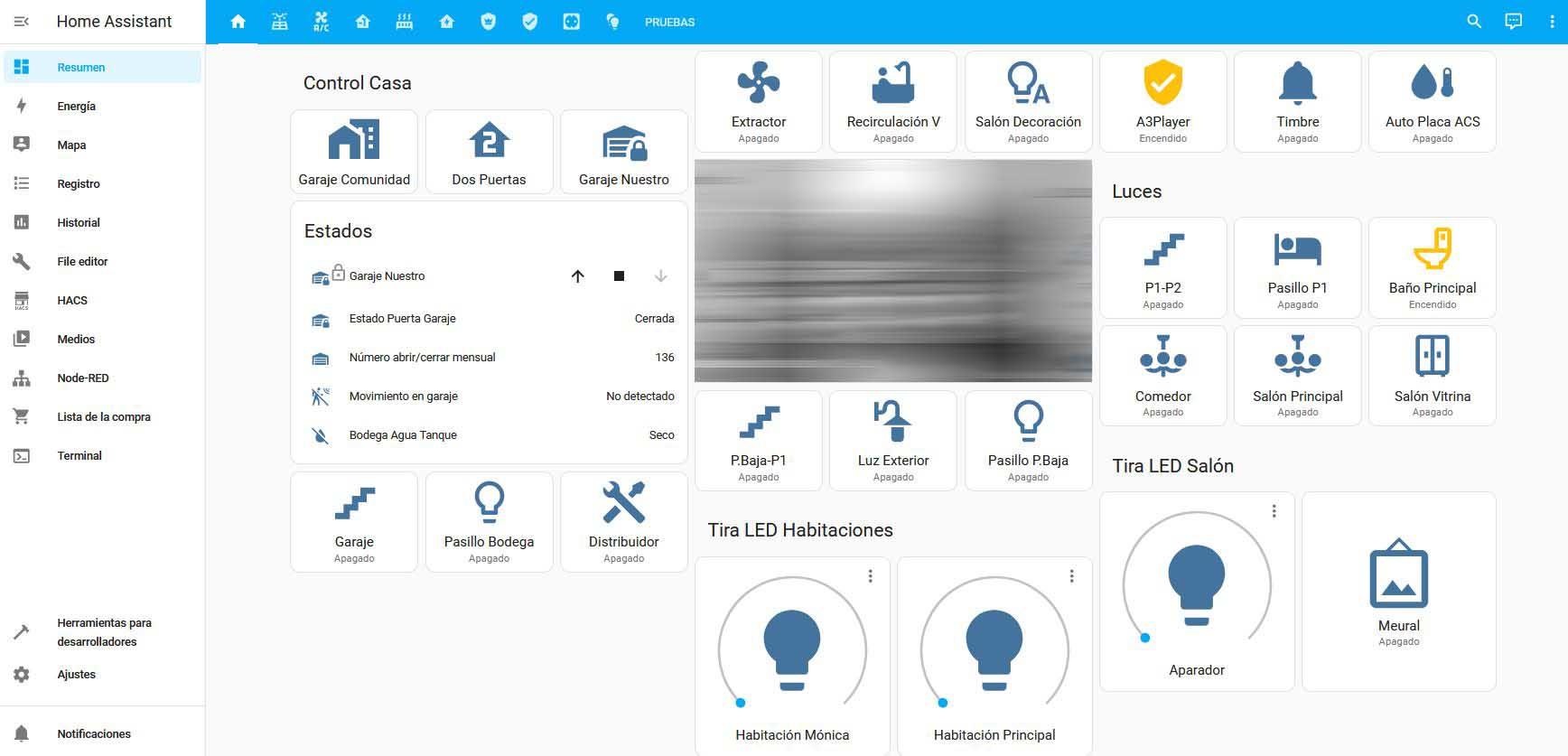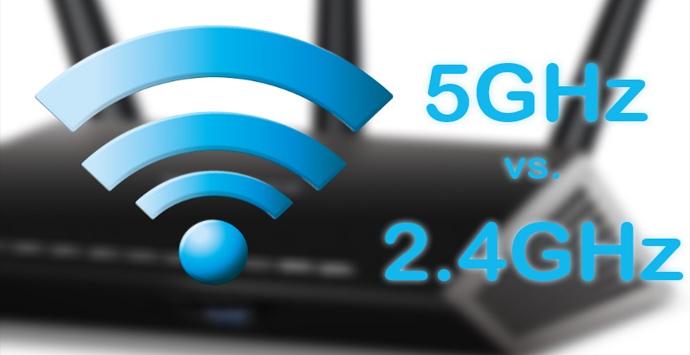
Philips Hue has been the best option for smart lighting in the home for many years, this solution allowed us completely local management to protect our privacy, and that only we know the use we give to said bulbs, LED strips and many other devices related to lighting at home. Now this is going to change radically, because Philips Hue is going to force all its users to upload data to the cloud from Hue, making this solution no longer as private as before. Do you want to know what implications this decision has when it comes to processing our data?
The company has decided to make a radical change to its privacy policy, and now they are going to start imposing accounts on all users and uploading data to their cloud. The company has stated that we will still be able to control all our lights locally as now, but this move could mean that in a year or even sooner, they will remove this local management and opt for a 100% cloud solution, with all that this implies in terms of availability and above all, privacy. The new privacy policy allows all data to be stored and also shared with partners.
Using your lights will be less private
The most characteristic thing for many years is that the Philips Hue have a Local API that allows us to control the lights locally only and exclusively. For example, we can perform a native integration in Home Assistant, to have control of all the lights locally, without needing an Internet connection or sharing any usage data with the cloud. Now things have changed for the worse, and when we open the Philips Hue application, we can see that a new message appears telling us that in a very short time we will have to log in to the application.
If we create an account with Hue, we have the possibility of controlling the lights from outside the home thanks to Cloud support, directly using the mobile application. The privacy policy clearly states that all data is stored and can be shared with partners. Creating this account is not something new, it has been available for a long time, but it has always been that, an option, and not an obligation. Many Home Assistant users preferred not to create an account, because all the management is still local, and in fact, one of the reasons for buying the Philips Hue is precisely this, because it allows the option to register or not, since We will always have the local API at our disposal.
On the Twitter account of the popular home automation system, you can see the clear and direct question to Philips Hue, and also its response:
@tweethue when users are logged in using an account with the Hue hub, does that also mean that all their data is shared with the Hue cloud?
September 25, 2023 • 13:07
Philips Hue hides behind security to make this important changeHowever, it is quite funny that they hide behind security when there is really nothing more secure than keeping all the data locally and not leaving it in the manufacturer’s Cloud. If we have a local API or using Matter, all the data will remain on the local network, and no one will be able to hack an account in the cloud because it will not exist directly.
What should I do right now with Hue?
Philips Hue is currently announcing this change to the app, but users are not yet required to hand over all data. We hope that the company reconsiders this new policy, which is a frontal attack against the local management of all home automation. Our recommendation is that you do not sign up while it is still optional, this way, your data will continue to be local and will not upload anything to the cloud. It is possible that the brand reverses, or that they simply make cloud management optional and not mandatory.
The strengths of local management and not in the cloud must be taken into account:
- We do not need to have an Internet connection to control the home automation system, if our operator has an incident, we can continue using all the devices.
- We have maximum privacy, since the use we give it will not go to an Internet server, everything stays on the local network.
- Orders are sent and received much faster, since there is no need to use the cloud.
- There is no possibility of our Cloud account being hacked, since there is no account created.
- There is no unavailability of the serviceAlthough these companies guarantee us a 99.9% service availability, it is possible that there will be incidents and then we will be left without controlling our home automation.
As you can see, the strong points of local management are clearly above the negative points, which is basically having some knowledge to set up a home automation system like Home Assistant.




